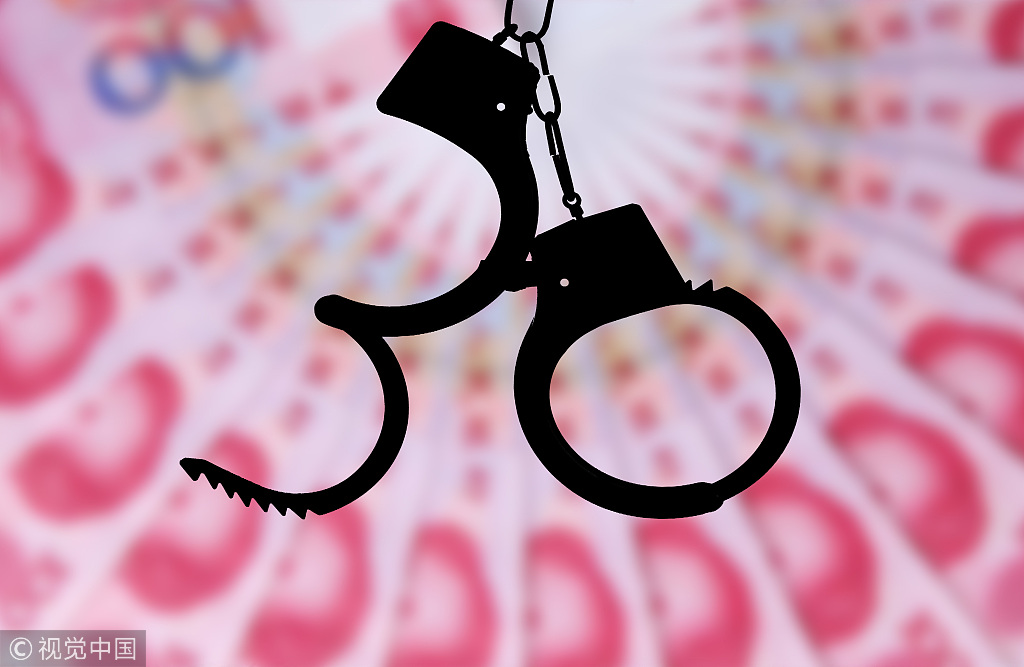Preventing illicit assets being moved overseas a top priority


China will beef up efforts to prevent the proceeds of corruption being sent overseas and to confiscate the ill-gotten funds of corrupt fugitives who have fled the country, according to the Central Commission for Discipline Inspection of the Communist Party of China and the National Commission of Supervision.
Since the end of January, under the leadership of the Central Anti-Corruption Coordination Group, the country has initiated a new round of Skynet surveillance action to target corrupt fugitives and confiscate their illicit assets.
It will see the Ministry of Public Security focus on investigating money-laundering crimes, working closely with the People's Bank of China - the central bank - to monitor suspicious transactions in officials' bank accounts and prevent them from using offshore companies and underground banks to transfer money abroad.
Chinese police will strengthen judicial cooperation with their foreign counterparts to set up a cooperative mechanism to locate, freeze, confiscate and return fugitives' ill-gotten funds.
Figures released by the National Commission of Supervision show that between June 2014 and December last year, about 5,200 fugitives were extradited, repatriated or persuaded back to China to face justice, including 1,015 corrupt officials.
A total of 13.16 billion yuan ($1.75 billion) of illicit assets was confiscated during the same period.
In 2015, Interpol issued red notices for China's 100 most-wanted corrupt fugitives. To date, 56 have returned to face trial, including Yao Jinqi, a former deputy head of Xinchang county in eastern China's Zhejiang province, who was extradited to China from Bulgaria in November last year.
Yao, who fled abroad in December 2005 after being suspected of duty-related crimes, became the first former civil servant to be extradited by China from a European Union member state.
Ninety percent of the remaining 44 fugitives remain at large in the United States, Canada, Australia and New Zealand, due to the lack of bilateral extradition treaties and differences in legal systems, the National Commission of Supervision said. The other 10 percent are hiding in countries in Southeast Asia, Africa and elsewhere.
Chinese law enforcement authorities will strengthen intelligence sharing and joint investigation cooperation with their foreign counterparts on some major and individual cases, the commission said.
"We have resolute determination to implement the central leadership's decisions and deployments to puncture the suspects' fantasies and cut off their running ways," said Li Shulei, deputy head of the commission.
- China Focus: China makes great achievements in environmental protection over past 75 years
- Charting China's progress in 75 years (5)
- Hong Kong-Zhuhai-Macao Bridge receives over 20 million passengers this year
- Nation ramps up public services to meet rising cultural demand
- World Bank report ranks Hong Kong among top 10 global business hubs
- National Day holiday brings box office surge





































